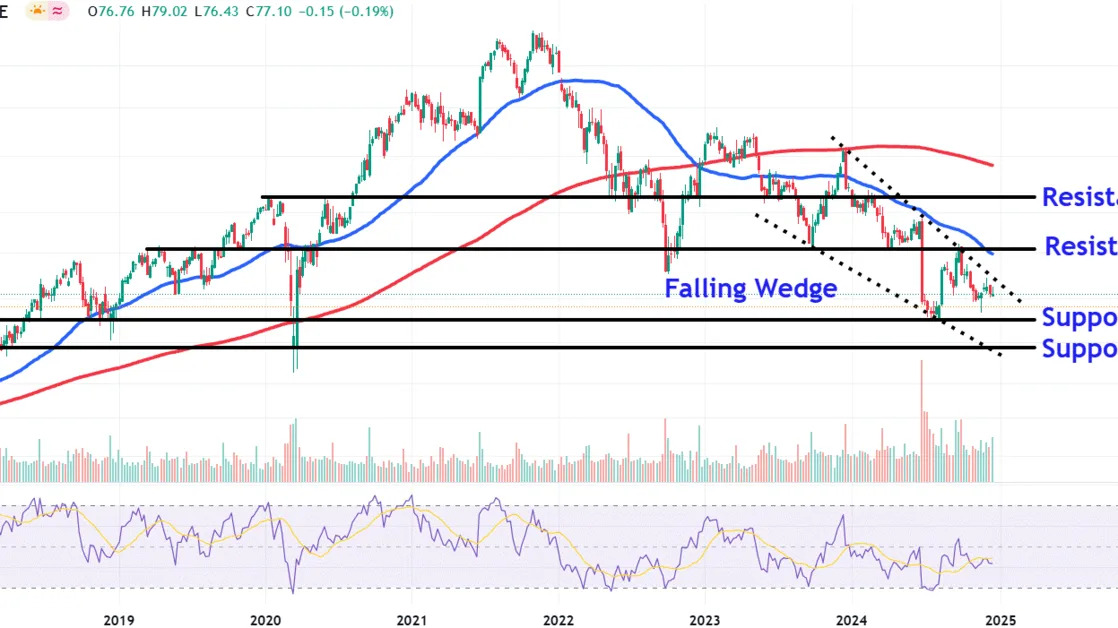(Bloomberg) -- Egyptian inflation slowed to its lowest level in two years, easing the path for the North African nation’s first interest-rate cut since 2020.
Annual consumer prices in urban areas rose 24.1% in December versus 25.5% the month before, the state statistics agency CAPMAS said Thursday, marking a second consecutive month of slowing. It was its lowest since December 2022, according to data compiled by Bloomberg. The monthly inflation rate eased to 0.2% from 0.5% in November.
Food and beverage prices, the largest single component of the inflation basket, climbed an annual 20.3% versus 24.6% in November. Food prices fell 1.5% on a monthly basis. Meanwhile, core inflation — the gauge used by the central bank which strips out volatile and regulated items — slowed slightly to 23.2% in December from 23.7% the previous month.
Even with the deceleration, the headline figure remains elevated — a symptom of the two-year economic crisis in which Egypt was embroiled until a $57 billion global bailout offered a way out. But another slowdown suggests the worst effects of a recent wave of price hikes for fuel, electricity, cigarettes and other items may have passed.
Cutting state spending is a cornerstone of Egypt’s expanded deal with the International Monetary Fund reached last March. Following the latest program review, the IMF in late December announced an agreement that will likely unlock a further tranche of Cairo’s $8 billion loan.
Egypt’s central bank sees inflation probably continuing to slow in early 2025 due to tight monetary policy and a favorable base effect. Such a trajectory would make the country’s first interest-rate reduction since the height of the Covid pandemic increasingly likely, although most economists predict that won’t happen until the end of the first quarter, at the earliest.
The regulator is scheduled to hold its next monetary policy meeting on Feb. 20. Maintaining the benchmark rate at a record high on Dec. 26, the bank said it now targets inflation of 7%, plus or minus 2 percentage points, by the end of next year.
--With assistance from Tarek El-Tablawy.
(Updates with core inflation)






